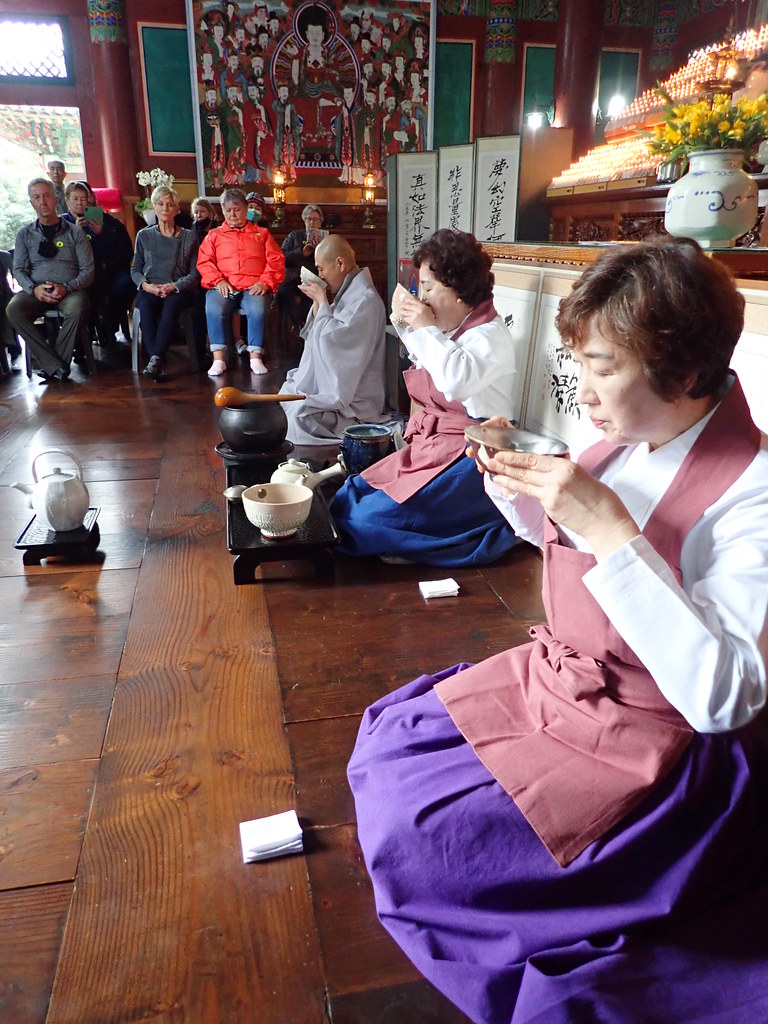Meditation has been around for thousands of years, with roots in ancient cultures and religions. From the earliest forms of meditation practiced by Hindu sages and Buddhist monks, to the modern mindfulness techniques used in therapy and self-help, the practice has evolved and adapted to suit the needs of different societies and individuals. In this article, we will explore the fascinating history of meditation and how it has evolved into the diverse range of practices we see today. Join us on a journey through time as we uncover the meditation evolution, from its ancient roots to its modern practices.
1. Tracing the Origins of Meditation: A Journey Through Time
Meditation is an ancient practice that has been around for thousands of years. It has been used by different cultures and religions as a means of achieving inner peace, spiritual enlightenment, and physical well-being. The origins of meditation can be traced back to the prehistoric times when humans first started to contemplate their existence and the world around them.
Throughout history, meditation has been practiced by various cultures, including the ancient Egyptians, Greeks, and Romans. In India, meditation has been an integral part of Hinduism and Buddhism for thousands of years. The practice of meditation has also been adopted by other religions such as Christianity, Judaism, and Islam. Today, meditation is practiced by millions of people around the world, and its benefits are widely recognized.
- Benefits of Meditation:
- Reduces stress and anxiety
- Improves focus and concentration
- Increases self-awareness and mindfulness
- Promotes emotional well-being
As we continue to explore the origins of meditation, we discover that it has evolved over time and has been influenced by different cultures and traditions. From the early practices of contemplation to the modern-day techniques of mindfulness, meditation has come a long way. Today, it is a popular practice that is accessible to anyone who wants to improve their mental and physical health.
2. The Evolution of Meditation: From Ancient Traditions to Contemporary Practices
Meditation has been practiced for thousands of years, with roots in ancient Eastern traditions such as Hinduism and Buddhism. These early forms of meditation were often associated with religious or spiritual practices and were used to achieve a state of enlightenment or connection with a higher power. Techniques such as focused breathing, visualization, and mantra repetition were commonly used to quiet the mind and cultivate inner peace.
Over time, meditation has evolved and become more accessible to people of all backgrounds and belief systems. In the 20th century, Western scientists began studying the effects of meditation on the brain and body, leading to the development of secular mindfulness practices. These modern forms of meditation focus on being present in the moment and cultivating awareness of one’s thoughts and emotions. They often involve simple techniques such as body scanning, breath awareness, and mindful movement, and can be practiced by anyone, regardless of their religious or spiritual beliefs. Today, meditation is widely recognized as a powerful tool for reducing stress, improving mental health, and promoting overall well-being.
3. The Modern-Day Relevance of Meditation: A Reflection on its Enduring Legacy
Meditation is an ancient practice that has stood the test of time. Its roots can be traced back to ancient civilizations, where it was used as a tool for spiritual growth and enlightenment. Today, meditation has become a popular practice in modern society, with many people turning to it as a means of reducing stress, improving mental clarity, and enhancing overall well-being.
One of the most significant benefits of meditation is its ability to help individuals manage stress. In today’s fast-paced world, stress has become a common problem that affects many people. Through meditation, individuals can learn to quiet their minds and focus on the present moment, which can help to reduce feelings of anxiety and stress. Additionally, meditation has been shown to improve mental clarity and focus, which can be beneficial in both personal and professional settings.
- Improved Emotional Well-Being: Meditation has been shown to improve emotional well-being by reducing feelings of anxiety and depression.
- Enhanced Physical Health: Regular meditation practice has been linked to a range of physical health benefits, including lower blood pressure and reduced inflammation.
- Increased Self-Awareness: Through meditation, individuals can gain a deeper understanding of their thoughts, feelings, and behaviors, which can lead to greater self-awareness and personal growth.
As we conclude our journey through the evolution of meditation, it is clear that this ancient practice has come a long way. From its early roots in religious and spiritual traditions to its modern-day applications in mental health and wellness, meditation has proven to be a powerful tool for achieving inner peace and personal growth. Whether you are a seasoned practitioner or just starting out, there is no denying the transformative power of meditation. So take a deep breath, clear your mind, and let the evolution of meditation guide you on your path to greater self-awareness and enlightenment.
